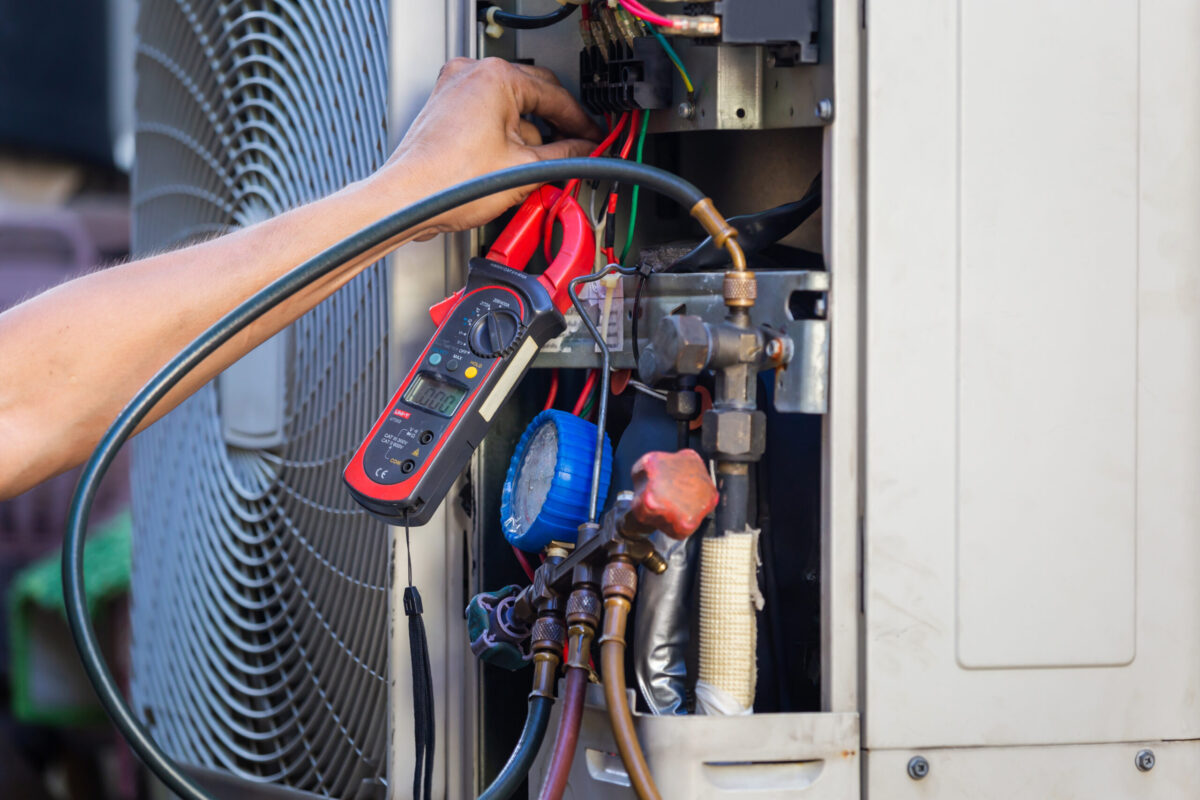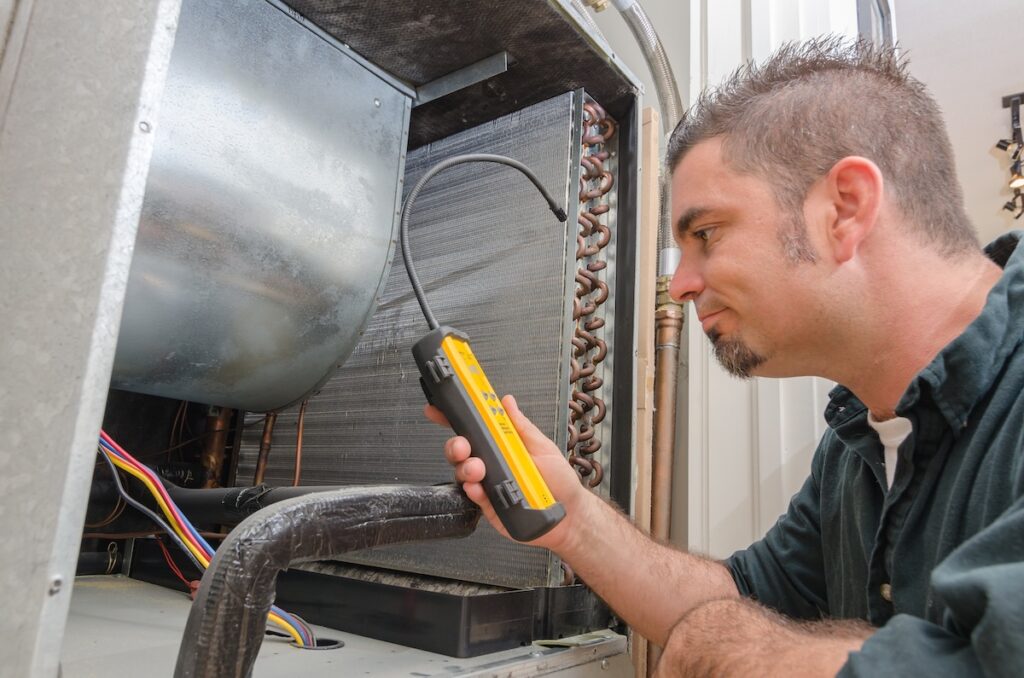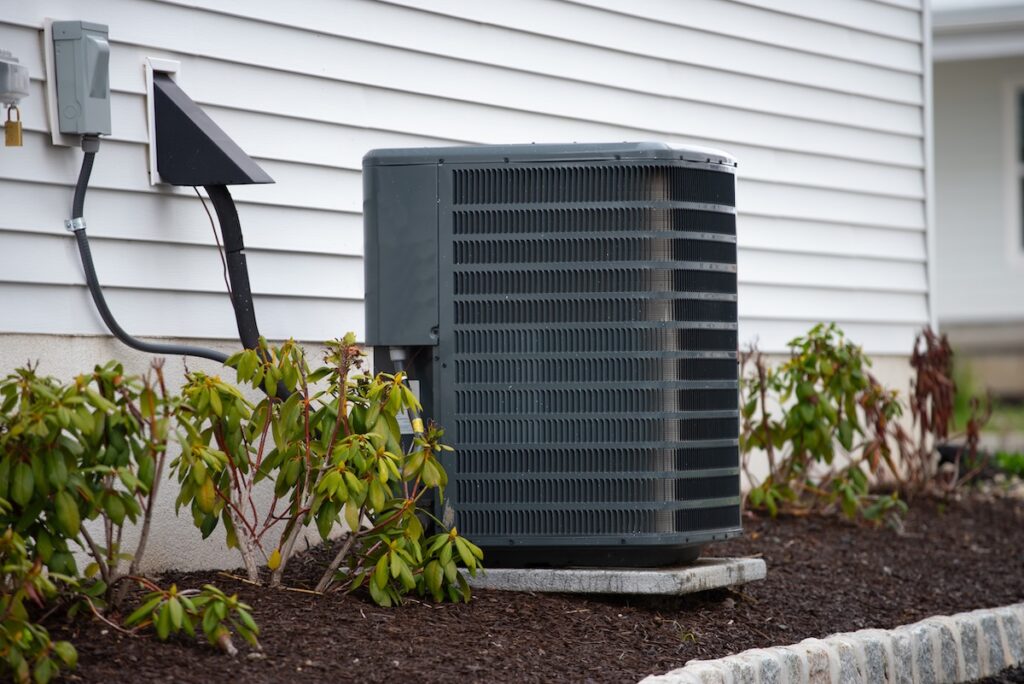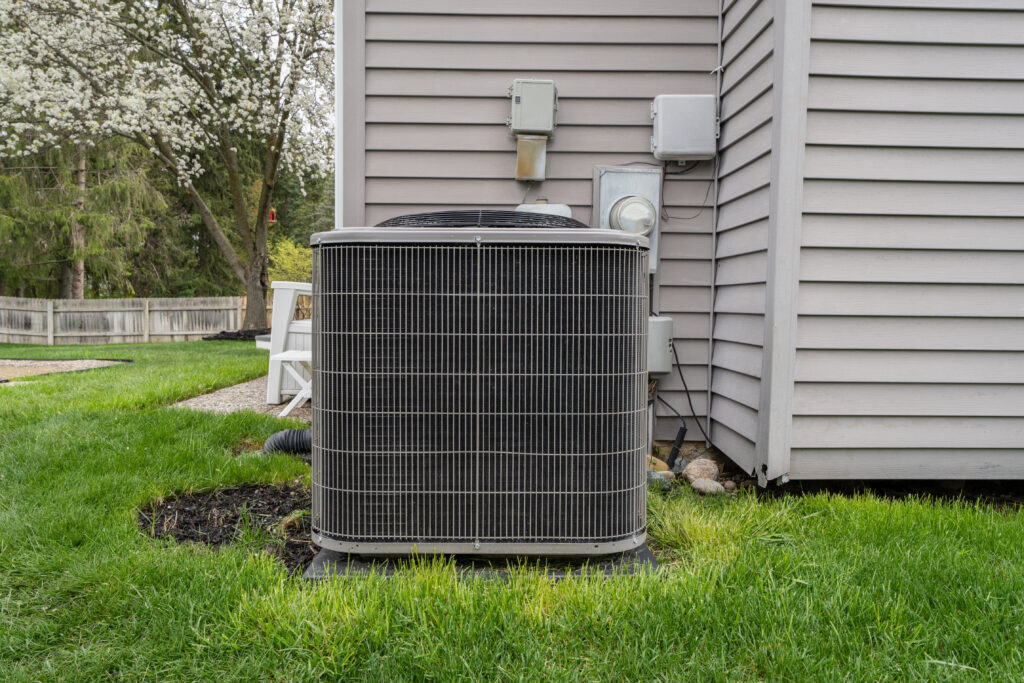


July 1, 2025
How Much Is an AC Freon Recharge for an AC Unit? (Homeowner’s Guide)
When your air conditioning system starts struggling to keep your home cool, you may notice your air conditioner blowing warm air instead of cool air. One of the most common culprits is low refrigerant levels. An AC freon recharge can restore your air conditioner’s ability to cool and get your home comfortable again. Understanding the costs, process, and factors involved helps you make informed decisions about this essential HVAC service.
An AC freon recharge typically costs between $150 and $400 for most residential systems. However, the final price depends on several important factors, including the type of refrigerant your system uses, the amount needed, and whether leak repairs are required. Systems using older R-22 refrigerant often cost significantly more to recharge than newer units with R-410A refrigerant.
This comprehensive guide covers everything you need to know about AC freon recharge costs, including:
- Understanding what refrigerant is and why your system needs it
- Six key factors that affect recharge costs
- The difference between recharge and leak repair services
- Maintenance tips to prevent future refrigerant issues
🤔 What Is AC Freon and Why Does Your System Need It?

Freon is a brand name often used to refer to refrigerant in air conditioners, the chemical compound that enables air conditioning. Refrigerant absorbs heat from inside your home and releases it outside, and in the process, it cools the air to keep you comfortable during hot summer months. It circulates through a closed-loop system, transitioning between liquid and gas states as it moves through the evaporator coil, compressor, condenser, and expansion valve. Ideally, your AC system maintains the same amount of refrigerant throughout its lifespan, ensuring efficient operation.
However, small leaks can occur over time due to wear and tear, vibration, or corrosion. When refrigerant levels drop, your air conditioner can’t remove heat effectively, leading to reduced cooling, higher energy bills, and potential compressor damage. Older systems manufactured before 2010 typically use R-22 refrigerant, while newer systems rely on R-410A refrigerant. The type of refrigerants required by your system can significantly affect the cost of a recharge.
Signs Your AC System Needs a Freon Recharge
Notice these signs early to prevent further issues with your AC system.
- Reduced cooling capacity: If your AC struggles to reach the thermostat setting, runs constantly, or takes longer than usual to cool your home, low refrigerant could be the issue. You may notice your system blowing warm air from the vents. Some rooms may also feel warmer than others.
- Ice on the evaporator coil: Low refrigerant levels prevent the coil from absorbing enough heat, causing moisture to freeze on its surface. If you see ice on your indoor unit, turn it off and call a professional.
- Higher energy bills: A system with low refrigerant works harder and runs longer, consuming more electricity, which can increase your bills and strain the compressor, risking premature failure.
- Strange sounds or leaks: Hissing or bubbling sounds from your outdoor unit may indicate refrigerant leaks. While refrigerant is typically colorless, watch for any visible signs around your unit.
✅ 6 Factors That Affect AC Freon Recharge Costs

Understanding the variables that influence pricing helps you prepare for the expense and ensures you’re getting fair value for the service. Choosing a cost effective solution can help manage expenses.
1. Type of Refrigerant Required
The biggest factor affecting your AC freon recharge cost is the type of refrigerant your system uses. R-22 refrigerant, found in older systems, has become increasingly expensive due to environmental regulations. Since production was phased out in 2020, R-22 can cost $80 to $150 per pound, making recharges for older systems significantly more expensive. Older systems can often be retrofitted to use newer refrigerants, and in most cases, this is recommended due to cost and regulatory factors.
R-410A refrigerant, used in newer systems, typically costs $20 to $50 per pound. This price difference means that recharging an older system can cost two to three times more than servicing a newer unit with the same refrigerant leak.
2. Amount of Refrigerant Needed
Most residential AC systems hold between 4 and 15 pounds of refrigerant, depending on the system size and configuration. A complete recharge for a typical 3-ton system might require 6 to 12 pounds of refrigerant, while smaller systems need less and larger systems require more.
Your technician will determine how much refrigerant your system needs by checking the manufacturer’s specifications and measuring current levels. Systems with significant leaks may need a complete recharge, while minor leaks might only require a few pounds to restore proper operation. In cases of minor leaks, a technician may simply top off the refrigerant, adding just enough to bring the system back to optimal levels without performing a full evacuation and recharge.
3. Labor Costs in Your Area
HVAC service rates vary significantly by location, with urban areas typically charging more than rural regions. Labor costs can range from $75 to $200 per hour, depending on your location and the complexity of the job required.
The job of recharging your system usually takes 1 to 3 hours, depending on whether leak detection and repair are needed. Some companies charge a flat rate for recharge services, while others bill by the hour plus materials.
4. Leak Detection and Repair Requirements
A proper AC freon recharge should always include leak detection, since refrigerant doesn’t simply disappear from a properly functioning system. If your technician finds leaks, repair costs will add to the total expense.
Simple leaks at connection points might only require tightening fittings or replacing O-rings, adding $50 to $150 to the total cost. More complex leaks in coils or other components can cost $300 to $1,500 to repair, depending on the location and severity of the damage. These complex leaks must be properly fixed before recharging the system to ensure it functions correctly and to prevent recurring issues.
5. System Age and Condition
Older systems often require more extensive work during a recharge service. Aging components may need replacement, and older systems are more likely to have multiple leaks or other issues that complicate the process.
Systems that haven’t been properly maintained may also require additional cleaning or component replacement before a recharge can be effective. Your technician might recommend replacing filter driers, checking electrical connections, or cleaning coils as part of the service.
6. Service Call Fees and Additional Charges
Most HVAC companies charge a diagnostic or service call fee, typically ranging from $75 to $200. Customers are typically responsible for these charges, which cover the technician’s time to assess your system and identify the problem. Some companies waive this fee if you proceed with recommended repairs.
Additional charges might include disposal fees for recovered refrigerant, equipment rental for leak detection tools, or permits required in some areas for refrigerant work. Emergency or after-hours service calls typically carry premium pricing.
👉 The Difference Between Recharge and Leak Repair

Many homeowners confuse AC freon recharge with leak repair, but these are distinctly different services that often work together to restore your system’s performance. When a refrigerant leak occurs, the system must be properly repaired and then recharged by adding refrigerant to bring it back to optimal levels. The system is charged with the correct amount of refrigerant following proper procedures and regulations to ensure efficient operation.
What Is a Recharge?
A recharge involves adding refrigerant to your system to restore proper levels and system pressure. During this process, technicians check the pressure with a gauge to ensure the correct amount of refrigerant is added. This typically takes 30 minutes to an hour and provides immediate relief from cooling problems. However, if your system has leaks, a recharge without repair is only a temporary fix.
What Is Leak Repair?
Leak repair focuses on identifying and fixing the source of leaking refrigerant in the system. This process can take several hours and requires specialized equipment to locate leaks, especially small or hidden ones. Professional technicians use tools like electronic leak detectors, ultraviolet dyes, or soap bubble solutions to find problem areas.
Why Fix Leaks Before Recharging?
Reputable HVAC companies always recommend finding and repairing leaks before recharging your system. Although this increases upfront costs, it prevents repeated recharges and protects your system from damage caused by low refrigerant levels. Repairing leaks also helps protect the environment by preventing refrigerant from escaping and contributing to global warming and ozone depletion.
Beware of Cheap Recharge Services
Some companies may offer low-cost recharges without leak detection, but this approach often leads to higher costs and potential damage to your equipment. Cheap services may also overcharge your system with refrigerant, which can damage components like the compressor or impair system performance. Always work with a company that includes leak detection as part of their recharge service.
🔎 Prevent Refrigerant Problems with Regular Maintenance
Routine maintenance is essential for preventing refrigerant issues and extends your system’s lifespan. Scheduling routine maintenance in the spring, before the cooling season begins, allows technicians to catch potential problems before they become costly repairs.
Keep Your Outdoor Unit Clean
Ensure your outdoor unit is clean and free of debris. Built-up debris forces components to work harder, increasing the risk of leaks. While cleaning, inspect the unit and service port caps for any cracks that could lead to leaks or other issues. Trim surrounding vegetation for proper airflow and easy maintenance access.
Replace Air Filters Regularly
A clean air filter reduces strain on your system. Dirty filters force the system to work harder, which can lead to component failures and refrigerant leaks.
Schedule Professional Maintenance Before Cooling Season
Book professional maintenance before peak cooling season. This ensures your system is ready when you need it most and often includes refrigerant leak detection as part of the service.
👨🔧 Trust the Experts for Your AC Freon Recharge Needs
When it comes to your air conditioning needs, Smock HVAC is the team you can trust. With over 20 years of experience serving Frederick County homeowners, we’ve built a reputation for honest service, skilled technicians, and lasting solutions. Our EPA-certified team goes beyond simple fixes, providing thorough inspections and expert repairs to ensure your system runs efficiently for the long haul.
Don’t let refrigerant issues compromise your comfort—contact Smock HVAC today to schedule your AC freon recharge and experience the difference of working with professionals who put your comfort and satisfaction first!


